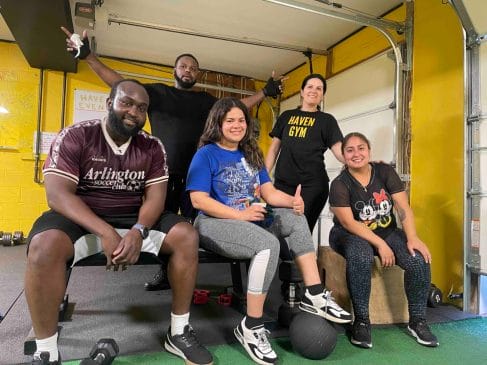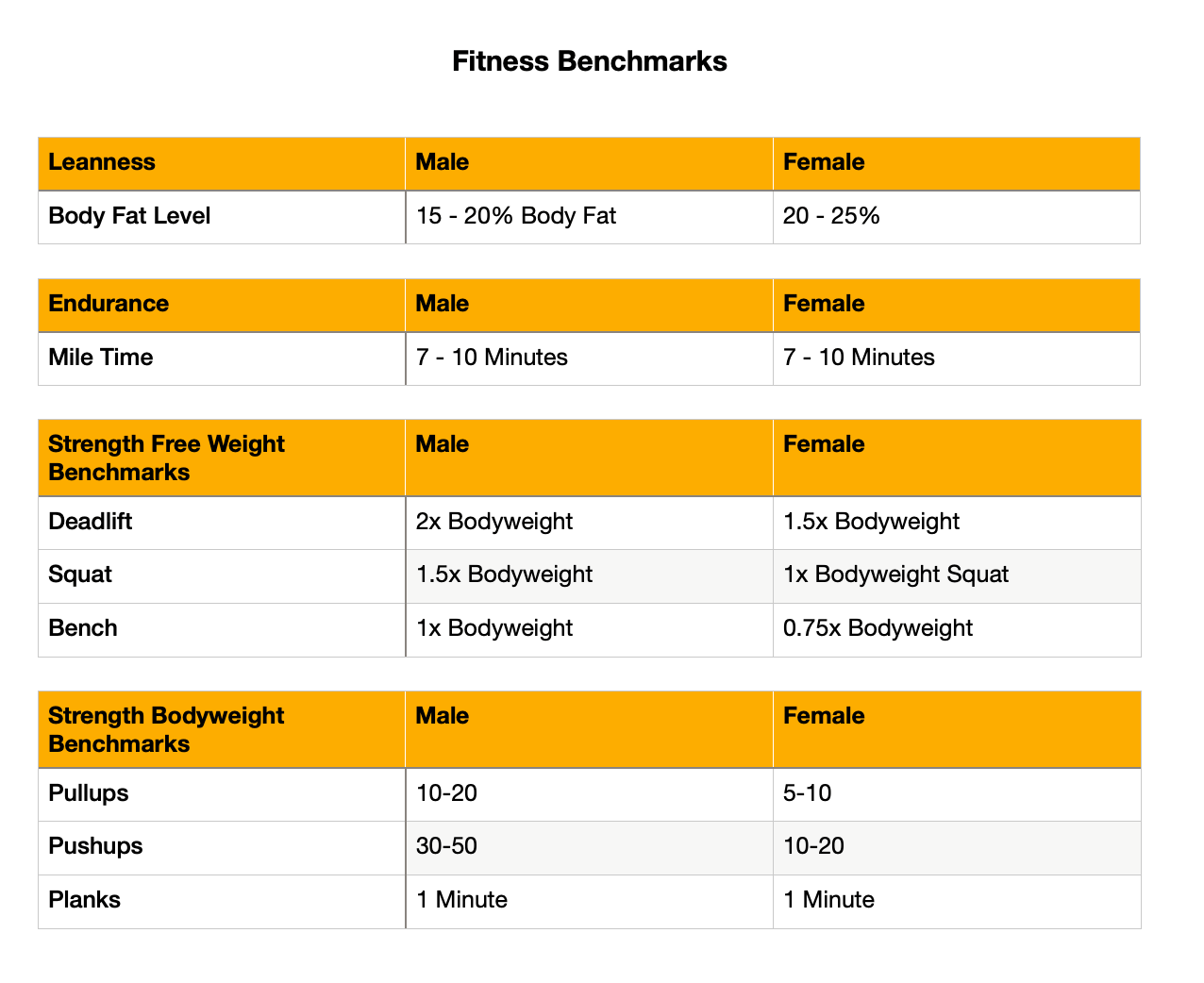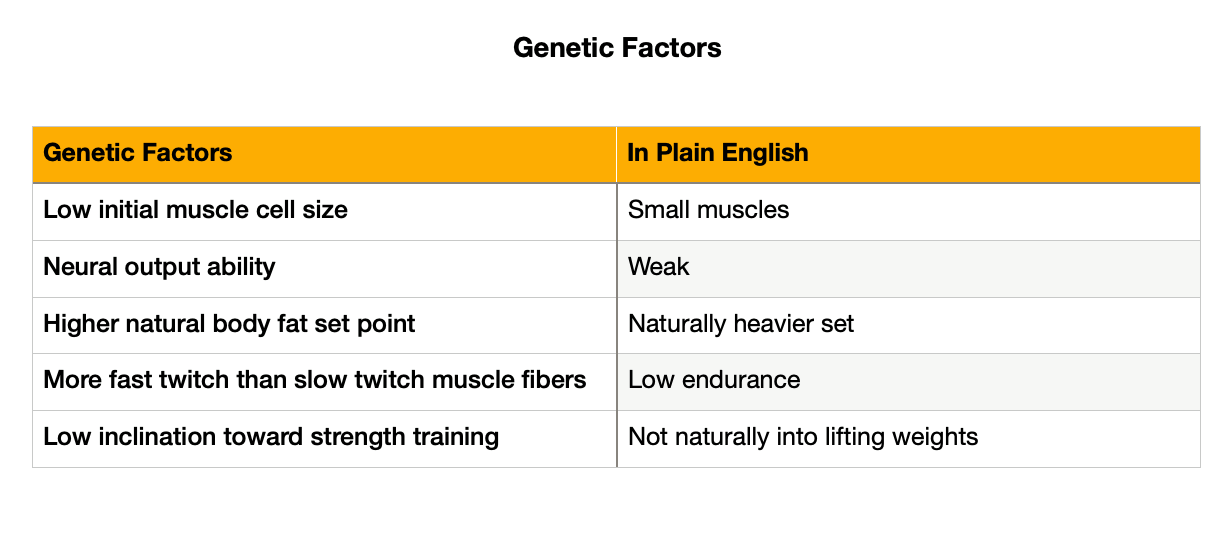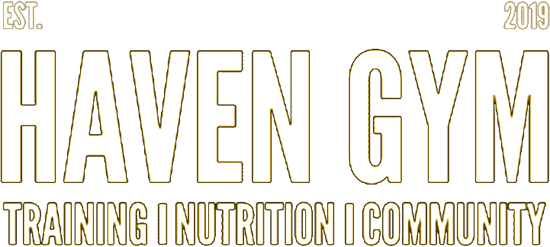
“This is all useless and a grand waste of time. I can train my ass off and eat as healthy as I want, but some people are just meant to be fit and healthy and others aren’t. I unfortunately was unlucky and got the overweight and unfit gene. That’s the way I am, and that’s the way it is.” – All of us staring wide-eyed and restless at the ceiling at 2am at some point.
I don’t care who you are, or how far along your fitness journey you’ve gone; we’ve all doubted ourselves.
We’ve all at some point told ourselves that we didn’t have what it takes. That no matter what we did or how well we did it we could not succeed.
Well, instead of me telling you nicely that you do have what it takes, I’m going to start by assuming that you have the world’s worst genetics.
Why? Because I don’t personally know you. And I don’t want you to use that as an excuse for why you think you couldn’t succeed.
I’m going to show you then in detail why, despite the worst genetics:
- Becoming fit is still attainable
- Others who have also lost the genetic lottery have also succeeded at this fitness thing
- It does not logically follow that poor genetics equals no or impossible results
I will systematically break apart the silly, illogical, disempowering idea that you can’t out-train or out-eat bad genetics by proving it wrong using evidence, data and good ol’ logic.
I hope this frees you to give yourself a chance to succeed.
First, lets start by defining what our goal is…
Defining Fitness
Let’s assume your goal is to get fit, by which we mean a relatively lean, strong and healthy body.
Let’s be precise and define those 3 qualities. Refer to the table below.

These are averages. These numbers by representing what has been attained by the average population represent what is attainable by anyone and everyone. These are not world-class, competitive athlete numbers. No. These are your regular everyday Joe’s and Jane’s.
As a coach and gym owner for almost a decade, having worked with 100’s of clients, most of them achieve significant progress towards these benchmarks in months and even just weeks after starting a proper workout and nutrition regimen.
Of course, poor genetics make the journey more difficult, and blessed good genetics make it easier. But everyone I have seen who has stuck to it has seen progress.
Anyways, now that we have defined what our goal is, and we’ve seen how attainable is the task of becoming generally fit (instead of elite or world-class), let’s spell out some of the worst genetic conditions that lend some power to the idea that we “are not made for this fitness thing.”
The Worst Genetics
If you had to create an individual with the worst genetics for fitness, what would that look like?

Let’s assume that individual is you. Let’s assume, again, that your goal, dear reader, is to be relatively fit, as defined by the attainable figures that we discussed earlier.
Now, let’s stress-test the belief that given those genetics you wouldn’t succeed or reach those attainable results. How will we do that?
In the style of a conversation. A dialogue between You and your Friendly Neighborhood Coach (FNC)!
The Dialogue
You: “This is all useless and a grand waste of time. I can train my ass off and eat as healthy as I want, but some people are just meant to be fit and healthy and others aren’t. I unfortunately was unlucky and got the overweight and unfit gene. That’s the way I am, and that’s the way it is.”
FNC: This is all a grand waste of time…what do you mean by that?
You: That only some people are meant to be fit and others not.
FNC: So some are born with, say, good genetics and are meant to be fit while others no matter how hard they work can’t succeed because they don’t have good genetics?
You: Exactly! So what’s the point?
FNC: Well if that were true then sure you’d might have a point. But let’s examine if it is, in fact, true. Let’s test our assumption.
Let’s say a person has all the worst genetics: weak, little to no pre-existing muscle, and no natural inclination towards training. Do you know of anyone who has had some if not all of these conditions.
You: Sure.
FNC: And have you seen them lose weight and keep it off.
You: Yeah. But that was them!
FNC: Ok, fair. Let’s assume the few people you know who somehow succeeded did so by something other than hard work (luck, genetic or environmental). Let me show you some other examples:

None of these people had good genetics either. Some of them were obese. Some had horrible luck, facing many personal tragedies, and some spent their whole lives thinking they couldn’t do it. How do we explain that then, that they were able to?
You: Well, because they worked hard for it.
Ahh! Ok. In other words, we find that average benchmarks of fitness can be achieved even by the person with poor genetics, like those pictured, through hard work. It is possible and attainable then.
You: Yes, but it’s just too hard for me.
FNC: Too hard? What do you mean by that – impossible?
You: Well, no. I know it’s possible like we just saw. Just that it would be really hard, too hard…
FNC: Well, you’ve done plenty of very hard things in your life before right?
You: I have.
FNC: So, does it follow that something being hard means you can’t do it?
You: No. But this is different!
FNC: Can you prove that to me.
You: Well, no.
FNC: Can we agree that if you did something and gave it your all, that you would be making some sort of progress?
You: Sure.
FNC: Even if you had the world’s worst genetics, such as those people above?
You: That might be.
FNC: Why don’t you find out?
You: It might be too hard.
FNC: How does believing that help you?
You: …it doesn’t.
FNC: What could be a more helpful way of looking at this then?
You: That I might just have bad genetics. Ok. That sucks, but it does not mean that I cannot see any progress towards my fitness goals. In fact, thinking that I can’t will ensure that I make no results. However, thinking that I can if I work hard, perservere and learn the right things will give me a fighting chance.
And the road will be tough, especially compared to someone with poor genetics. But, that is no good excuse for not trying. So I will try.
FNC: I think that’s an empowering, logical and more-true-to-the-facts way to look at things. Get to work then. I wish you much luck.
Parting Thoughts
When we are upset, confronted with our own limitations and weaknesses (including poor genetics) and a long road ahead, it’s easy to choose the unhealthy emotional, irrational, illogical belief that says we weren’t made for this fitness thing.
But, in a sober moment, we can see that even with the worst genetics, we can still live a relatively fit, happy, healthy life. All we have to do, is try.
If you need a helping hand, please send a text or call us at (908) 341 – 0232 to book a free No Sweat Intro Consultation. As the Head Coach, I’ll sit down with you and reassure you that even with unideal genetics, you can and will much make progress if only, again, you try.
Talk soon!
Coach B.


